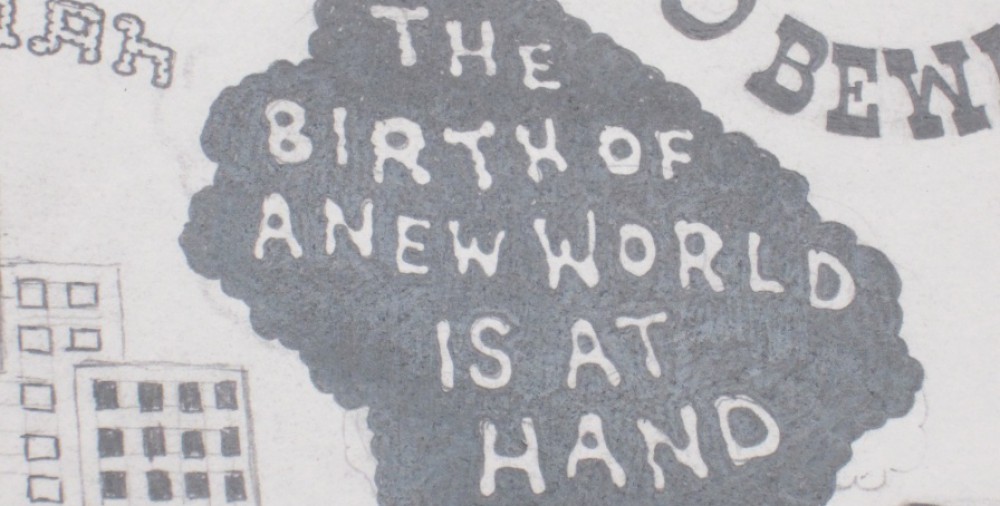I enjoyed watching the 1998 film version of Brave New World. All the visions I had of the World State’s appearance was completely different from what I pictured it to be. The biggest difference between the film and novel was Bernard’s character. In the novel Bernard was the outcast of the World State, he was ugly and much different from the other Alpha Pluses. Bernard didn’t associate with the other Alpha’s. In the film it seemed as if Bernard was popular and well liked. Bernard’s big change was a major part of the novel, but I feel like its okay that Bernard’s change was left out of the film. There was already so much going on in the film that if Bernard’s change was shown the film would probably be three hours long. Another difference between the film and novel was that in the film Bernard and Lenina weren’t shown as the two main characters but more like two regular, ordinary citizens.
In the film it was shown that everyone goes to a club and its where they are promiscuous. The novel doesn’t mention a club, so I’m thinking the club is where they have the “orgy porgies”.
One of the similarities between the film and novel is how much control the World State has over it’s citizens. “Everyone belongs to everyone” is constantly broadcasted in the World State, all the citizens repeat that phrase whenever its played. In the film Lenina says “promiscuity is a citizens duty”. The World State has all the same values in the novel and film except one of the most important parts, Ford. Ford was the religion of the World State, all the citizens would make the sign of a “T”. In the film Ford was not shown. I thought that it should have been shown because of the significance it has in the novel.
In both the film and novel Lenina and Bernard take a trip to the Savage Reservation. In the novel the Savage Reservation was in a village called Malpais. I pictured the Savage Reservation to be like a village where people lived outdoors, almost like the Indian reservations there are in real life. I pictured the people to look like how they were explained in the novel. The Savage Reservation in the film was like a trailer park in an industrial area and nothing like a village. Bernard and Lenina’s experience at the Savage Reservation in the film and novel were completely different. In the film Bernard and Lenina’s helicopter is riding over the Savage Reservation and the people are throwing things at the helicopter. Their helicopter then crashes and the Savages begin to attack Bernard and Lenina. Their experience in the novel was much different, it was a good experience for Bernard and they weren’t attacked by anyone.
In the film when John is being conditioned “kill Bernard Marx, will harm society” was repeatedly shown. I thought this was strange because Bernard’s character in the film was shown as a normal regular citizen, not someone who has enemies or someone who should be killed. I think this would have made more sense in the novel because Bernard was a menace to the society and he brought problems to the Controller by bringing John and Linda to the World State.
All in all, I enjoyed both the novel and the film. I think that even though the film was much different from the novel it did portray the World State properly and how it functions. The viewers of the film without reading the novel can definitely understand the values of the World State.





